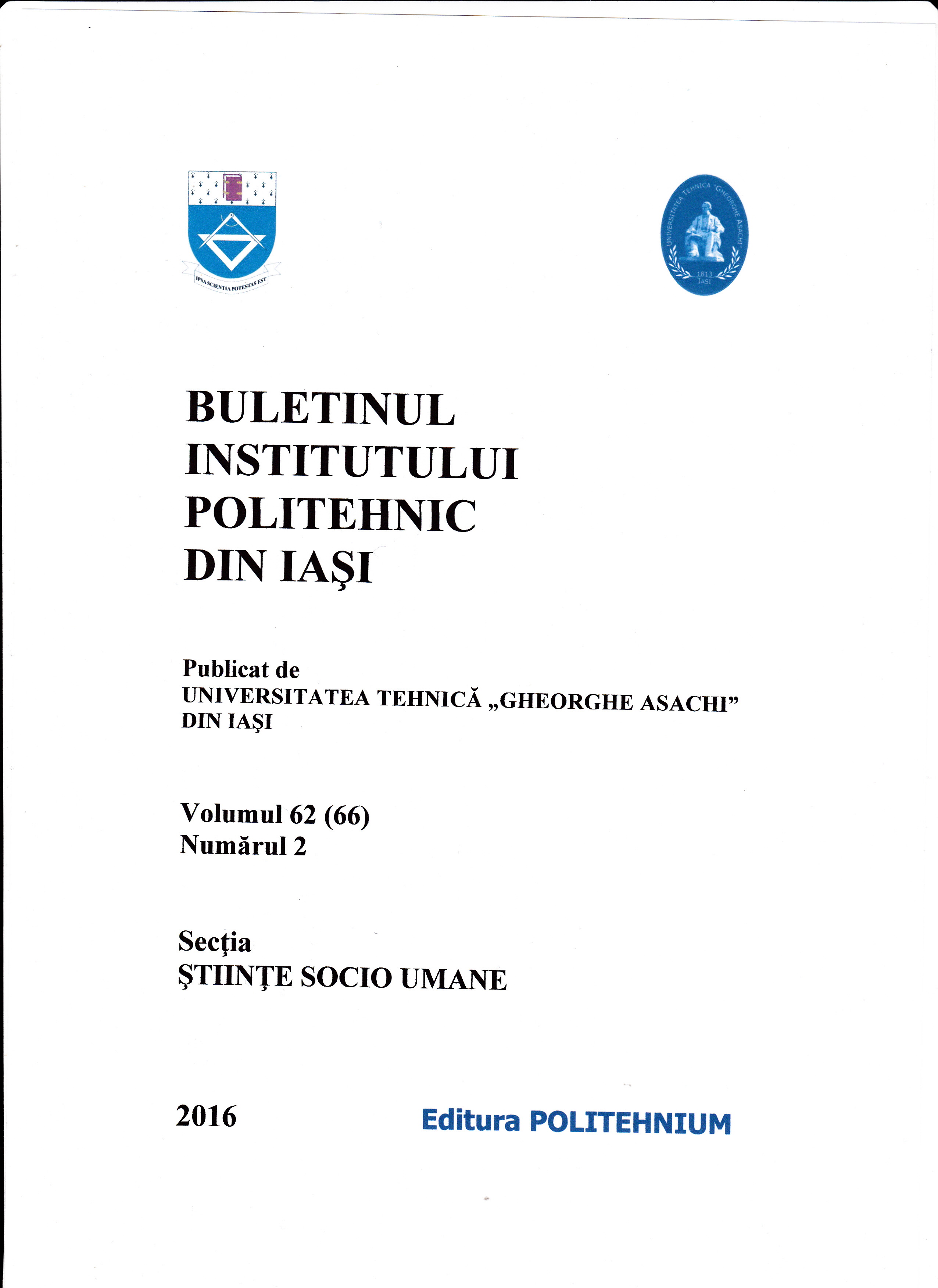Tragedy in Literature. A Concise Analysis
Tragedy in Literature. A Concise Analysis
Author(s): Daniela-Lucia EneSubject(s): Language and Literature Studies, Theory of Literature
Published by: Editura Universității Tehnice “Gheorghe Asachi” din Iași
Keywords: tragedy; catharsis; Moira; limit; tragic hero
Summary/Abstract: This paper defines and analyzes the concept of tragedy in literature, as we can hardly conceive the tragic in the absence of the tragic heroes or of the exemplary situations from theatrical representations and novels. The Greek philosopher Aristotle is the first one to offer the humanity an indirect determination of the concept of tragic and of all technical terms, "catharsis" is probably the one most used in relation to tragedy. After Aristotle, the tragic occupied a special place in philosopphy, in the idealistic metaphysical systems, where the tragic disposition is obvious in the man's possibility of recognizing the fact that he depends on mysterious forces, that pleasure, affection, and life itself are transient. Further on, modern philosophy achieves an interpretation of the tragic phenomenology as a constituent part of the human experience. In literature, there is the classical tragedy, the one which begins with the Greek culture, where the human being is in conflict with the incomprehensible forces of the universe. In France with Corneille and in England, rather earlier, with Marlowe and Shakespeare, there was a measure of tragic grandeur and this is what we feel to be tragedy today. Later, novel writers become critics of life, observers of the human condition in a philosophic sense who portray the struggle for a tolerable existence.
Journal: Buletinul Institutului Politehnic din Iași secția Științe Socio-Umane
- Issue Year: 62/2016
- Issue No: 2
- Page Range: 47-53
- Page Count: 7
- Language: English

